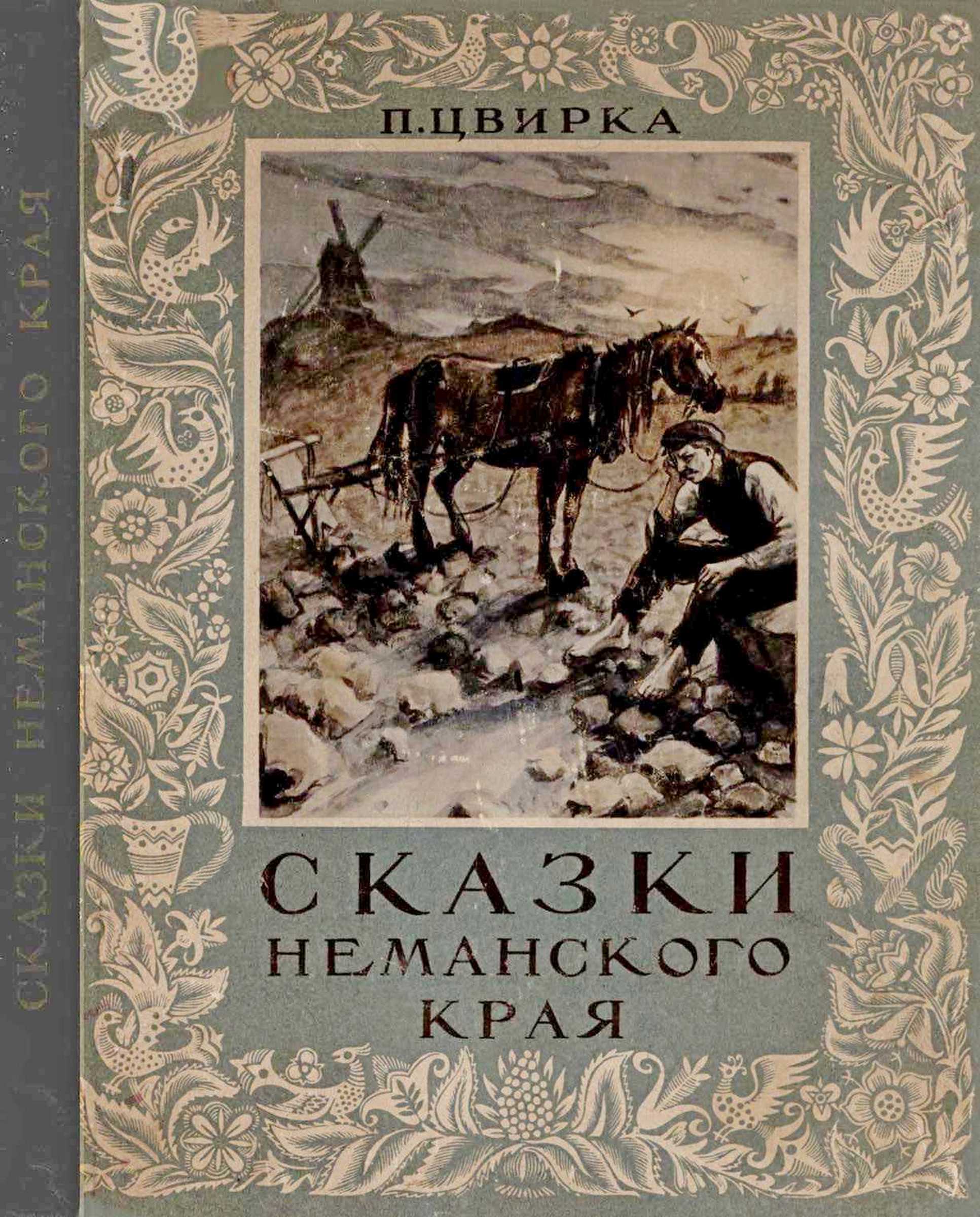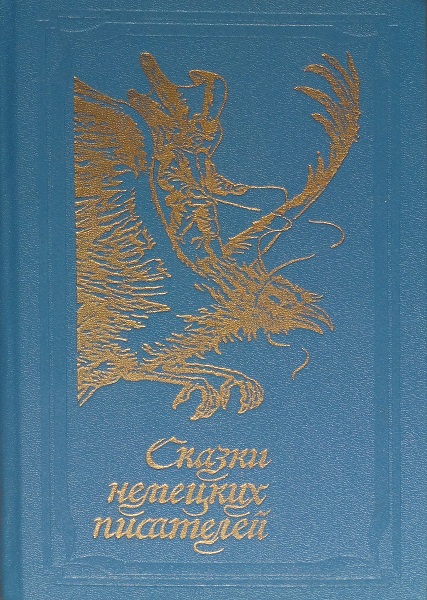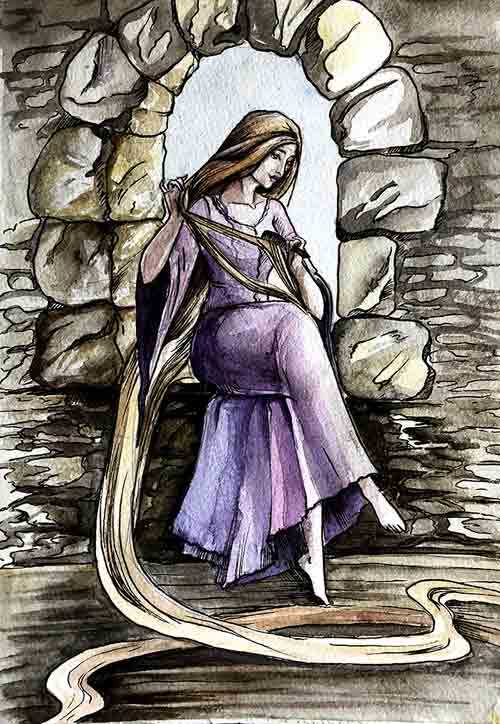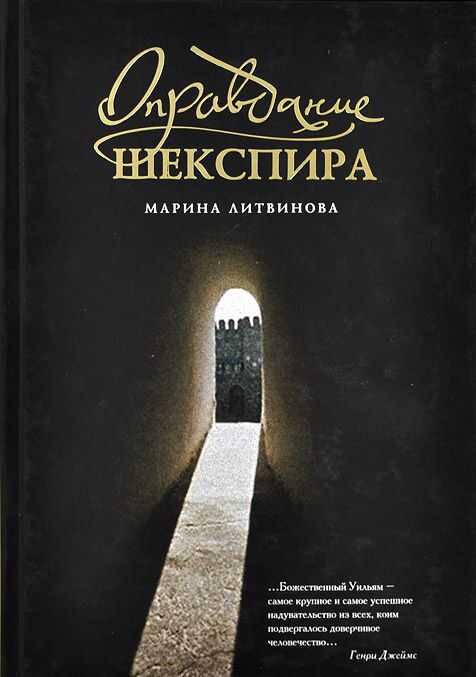Descriptive Calendar of the Ancient Manuscripts and Records in the Possession of the Corporation of Stratford-upon-Avon. Additional records detailing his fate can be found in the Stratford Archives: BRU 15/12 and BRU 15/5.
Весна. Глава 6. Глобус строится!
О Саутуорке и территориях за городской чертой Лондона см.: Stow, Survey of London: H. E. Malden, ed., The Victoria History of the Counties of England: Surrey, vol. 4 (London, 1912); Steven Mullaney, The Place of the Stage (Chicago, 1988); Jeremy Boulton, Neighbourhood and Society: A London Suburb in the Seventeenth Century (Cambridge, 1987); David J. Johnson, Southwark and the City (London, 1969). О переезде Шекспира в Бэнксайд, см.: Chambers, Facts and Problems, and Michael Wood, In Search of Shakespeare. Возможно, Шекспир жил какое-то время, примерно с 1597 года, в Бэнксайде, рядом с Парижским садом (Paris Garden) или рядом с Медвежьим садом (если верить документу, найденному Мэлоуном и ныне утраченному). В таком случае добираться до Театра Шекспиру было непросто.
О расположении Глобуса и его археологии см.: W. W. Braines, The Site of the Globe Playhouse, Southwark (2 ed., London, 1924); Sir Howard Roberts and Walter H. Godfrey, eds., Survey of London: Bankside, vol. 22 (London, 1950). Simon Blatherwick and Andrew Gurr, Shakespeare’s Factory: Archaeological Evaluations on the Site of the Globe Theatre at 1/15 Anchor Terrace, Southwark Bridge Road, Southwark, Antiquity 66 (1992), 315–33. Также см. статьи С. Блэзервика: S. Blatherwick, The Archaeological Evaluation of the Globe Playhouse, in J. R. Mulryne and Margaret Shewring, eds., Shakespeare’s Globe Rebuilt (Cambridge, 1997), 67–80; Archaeology Update: Four Playhouses and the Bear Garden, Shakespeare Studies 30 (2002), 74–83; The Archaeology of Entertainment: London’s Tudor and Stuart Playhouses, in London Under Ground: The Archaeology of a City, ed. I. Haynes, H. Sheldon, and L. Hannigan (Oxford, 2000), 252–71. О районе Бэнксайд см.: William Ingram, «Neere the Playe House»: The Swan Theater and Community Blight, in Renaissance Drama n. s. 4 (1971), 53–68; William Ingram, The Globe Playhouse and Its Neighbors in 1600, Essays in Theatre 2 (1984), 63–72.
О Глобусе см.: John Cranford Adams, The Globe Playhouse: Its Design and Equipment (Cambridge, Mass., 1942); John Orrell, The Human Stage: English Theatre Design, 1567–1640 (Cambridge, 1988); Andrew Gurr, Ronnie Mulryne and Margaret Shewring, ed., The Design of the Globe (International Globe Centre, 1993); J. R. Mulryne and Margaret Shewring, eds., Shakespeare’s Globe Rebuilt (Cambridge, 1997); Franklin J. Hildy, «If You Build It They Will Come»: The Reconstruction of Shakespeare’s Globe Gets Underway on the Bankside in London, Shakespeare Bulletin 10 (1992), 5–9; Gabriel Egan, Reconstructions of the Globe: A Retrospective, Shakespeare Survey 52 (1999), 1–16. См. также статью Дж. Глисона, в которой приводятся уточненные данные о габаритах Глобуса: John Gleason, New Questions about the Globe, Times Literary Supplement (26 September 2003), 15. О том, когда именно открылся Глобус, см.: Steve Sohmer, Shakespeare’s Mystery Play: The Opening of the Globe Theatre, 1599 (Manchester, 1999).
О строительстве Глобуса см.: Balthazar Gerbier, Counsel and Advise to All Builders (London, 1663). О технологии строительства зданий в ту эпоху см.: Irwin Smith, Theatre into Globe; John Orrell, Building the Fortune, Shakespeare Quarterly 44 (1993), 127–44; Mary Edmond, Peter Street, 1553–1609: Builder of Playhouses, Shakespeare Survey 45 (1992), 101–14. О планах Джона Вульфа построить театр см.: John Cordy Jeaffreson, ed., Middlesex County Records, vol. 1 (London, 1878).
Глава 7. Сожжение книг
О Хейворде см. эссе Даттона в кн.: Licensing, Censorship, and Authorship in Early Modern England). О епископском запрете на сатирические произведения см., напр.: Richard A. McCabe, Elizabethan Satire and the Bishops’ Ban of 1599, in Yearbook of English Studies 11 (1981), 188–93; Linda Boose, The 1599 Bishops’ Ban, Elizabethan Pornography, and the Sexualization of the Jacobean State, in Richard Burt and John Michael Archer, eds., Enclosure Acts: Sexuality, Property, and Culture in Early Modern England (Ithaca, 1994), 185–200. О цензуре в 1599 году см. также: James R. Siemon, «Word Itself Against the Word»: Close Readings After Voloshinov, in Shakespeare Reread: The Texts in New Contexts, ed. Russ McDonald (Ithaca, 1993), 226–58; Ernest Kuhl, The Stationers’ Company and Censorship 1599–1601, The Library 4th series, vol. 9 (1928–29), 388–94.
Исторические сочинения Хейворда см.: John Manning, ed., The First and Second Parts of John Hayward’s The Life and Raigne of King Henrie III, Camden Fourth Series, vol. 42 (London, 1991). О трудах Хейворда см.: Cyndia Susan Clegg, Press Censorship in Elizabethan England (Cambridge, 1997), Cyndia Susan Clegg, Archival Poetics and the Politics of Literature: Essex and Hayward Revisited, Studies in the Literary Imagination 32 (1999), 115–32; G. B. Harrison, Books and Readers, The Library, 4th series, xiv (1933), 1–33; Blair Worden, Which Play Was Performed at the Globe Theatre on 7 February 1601, London Review of Books, July 10, 2003, 22–24. Кроме этого, см.: David Wootton, Francis Bacon: Your Flexible Friend, in The World of the Favourite, ed. J. H. Elliott and L. W. B. Brockliss (New Haven, 1999), esp. 193–96; Margaret Dowling, Sir John Hayward’s Troubles over His Life of Henry IV, The Library, 4th series, 11 (1930), 212–24; Rebecca Lemon, The Faulty Verdict in «The Crown V. John Hayward», Studies in English Literature 41 (2001), 109–32; Howard Erskine-Hill, Poetry and the Realm of Politics: Shakespeare to Dryden (Oxford, 1996); Arthur Kinney, Essex and Shakespeare Versus Hayward, Shakespeare Quarterly 44 (1993), 464–66. О том, что елизаветинцы думали о Елизавете, см.: J. S. Cockburn’s, ed. Calendar of Assize Records (London, 1975–1980) for Essex, Kent, Sussex, Surrey, and Hertfordshire indictments.
О деятельности Хейворда и его использовании тактики Тацита см.: F. J. Levy, Hayward, Daniel, and the Beginnings of Politic History in England, Huntington Library Quarterly 50 (1987), 1–37; E. B. Benjamin, Sir John Hayward and Tacitus, Review of English Studies n. s. 8 (1957), 275–76; L. Goldberg, Sir John Hayward, «Politic» Historian, Review of English Studies n. s. 6 (1955), 233–44; David Womersley, Sir Henry Savile’s Translation of Tacitus and the Political Interpretation of Elizabethan Texts, Review of English Studies n. s. 57 (1991), 313–42; J. H. M. Salmon, Seneca and Tacitus in Jacobean England, in Linda L. Peck, ed., The Mental World of the Jacobean Court (Cambridge, 1991), 169–88; Malcolm Smuts, Court Centered Politics and the Uses of Roman Historians, c. 1590–1630, in Culture and Politics in Early Stuart England, ed. Kevin Sharp and Peter Lake (New York, 1994), 21–43. Перевод сочинений. Тацита по английский язык
























